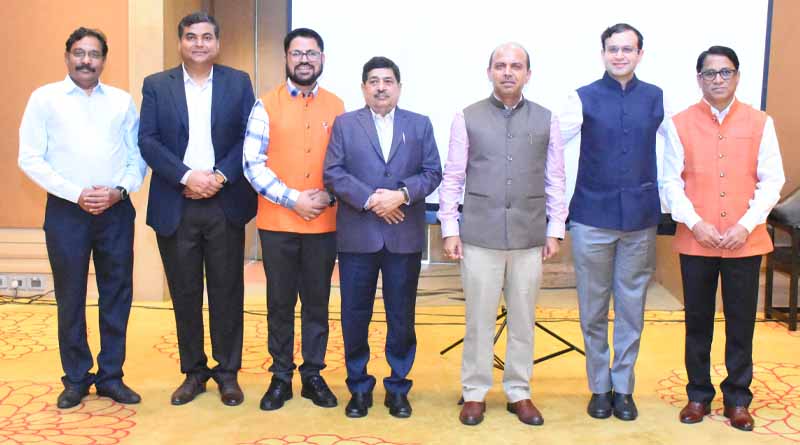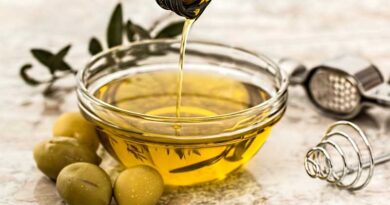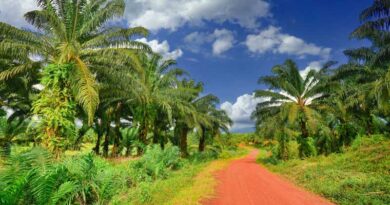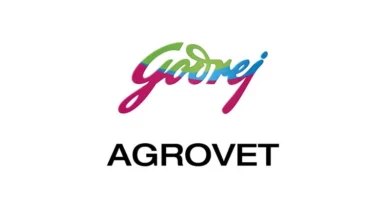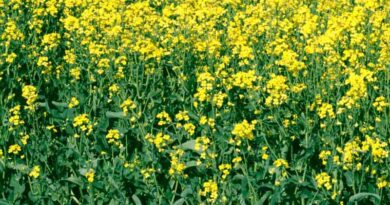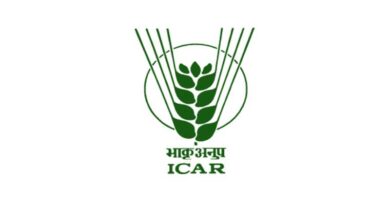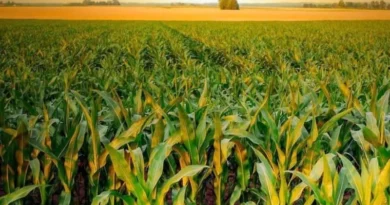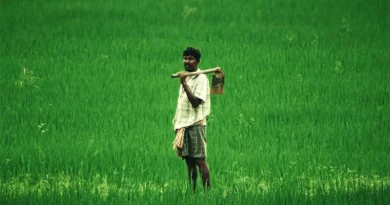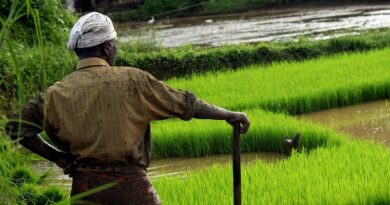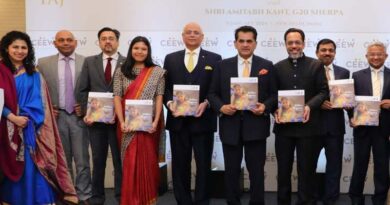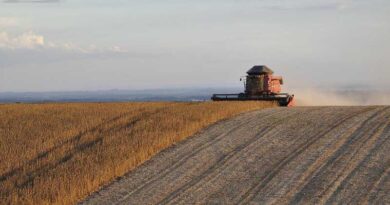Industry experts come together to kickstart Mega Oil Plantation Drive in Northeast
29 July 2023, Mumbai: The Government of India under the National Mission on Edible Oils-Oil Palm (NMEO-OP) has initiated a Mega Oil Plantation Drive from July 25 to August 5, 2023. To commemorate this initiative, a roundtable was organized in Guwahati. It witnessed participation from Godrej Agrovet Ltd, the Indian Institute of Oil Palm Research, The Solvent Extractors’ Association of India, and the Solidaridad Network. The discussion revolved around the importance of oil palm cultivation for the Northeast and how it can uplift the farmers in the region.
In August 2021, the Government of India launched the National Mission on Edible Oils – Oil Palm (NMEO-OP). With a focus on increasing edible oil production from Oil Palm, NMEO-OP is a Centrally Sponsored Scheme, and the cost will be shared as 60:40 between the Central and the State Government for General states and 90:10 for NE states and 100% for UTs and central agencies. Amidst everything, ownership of the land continues to be with the farmer and not any corporate that has been allocated region for the oil palm cultivation.
“The NMEO-OP is a step in the right direction for the country. We thank the government for putting this in place and also taking special care of the Northeast States,” said Balram Singh Yadav, Managing Director, Godrej Agrovet Ltd, a leading diversified, Research & Development focused food and agri-business conglomerate. Involved in an oil palm plantation in the region since 2006, it is the only company to have an operational mill in Mizoram since 2014. The company also has signed MoUs with Assam, Manipur, Arunachal Pradesh, and Tripura State governments for the development and promotion of oil palm cultivation in the region under the NMEO-OP scheme.
He further added, “Our expertise of more than three decades in the oil palm business has enabled us to provide a variety of resources in addition to educating farmers on sustainable oil palm plantation processes. Our success in Andhra Pradesh and Telangana is a testimony of the same. That said, while the region’s unique topography poses an immense challenge to us, we are confident of replicating our success in Assam and Arunachal Pradesh on the back of our capabilities. The same would not only uplift the farmers with small land parcels but also generate employment in the region.”
India is the world’s largest importer of Palm Oil and the 2nd largest consumer of Palm Oil. With the local production of 300,000 tons, the country currently imports 7,500,000 tons.
Dr. B. V. Mehta, Executive Director, The Solvent Extractors’ Association of India highlighted the critical role of palm oil as an affordable cooking oil and a significant source of nutrition for millions of consumers. Despite its importance, our country faces a considerable gap between demand and supply, leading to the annual importation of approximately 140 Lakh Tonnes of various edible oils. This import expenditure amounts to a staggering INR 120,000 Crore on palm and other oils.
“To address the challenge and ensure food security, it becomes imperative to take concrete measures. The focus should be on enhancing the production of edible oilseeds and making oils more readily available within the country. This can be achieved by fully harnessing the potential of Oil Palm areas, ensuring speedy expansion into new areas, and increasing the production of Crude Palm Oil (CPO) By doing so, we not only reduce the burden of edible oil imports but also alleviate the pressure on foreign exchange reserves,” said Dr. B. V. Mehta.
To cater to the oil palm research requirements across the country, the Indian Institute of Oil Palm Research (IIOPR) serves as a nodal body. Serving as a center for conducting and coordinating research on all aspects of oil palm conservation, improvement, production, protection, post-harvest technology, and transfer of technology, it has played a pivotal role in selecting non-agricultural land across the country.
“When ICAR-IIOPR and DA&FW assessed oil palm potential areas during 2020, a total of 27.99 lakh ha was found suitable for oil palm cultivation in India, of which, 9.62 lakh ha has been identified in the Northeast States. Presently it is being cultivated in an area of 38,992 ha in NER, leaving much scope for expansion. ICAR-IIOPR is handholding oil palm development in NER through capacity building programs, seed gardens, planting materials, demonstrations, supply of critical inputs, etc.” said Dr. K. Suresh, Director, ICAR-IIOPR.
Palm oil is the world’s highest-yielding oil crop. Its output is 5-10 times greater per hectare, offering a better land-use efficiency than other vegetable oils. To add to this, the oil palm plantation industry is carbon negative.
Highlighting the sustainability aspect of Indian oil palm cultivation, Dr. Suresh Motwani, Veg Oil Program Head – India, Solidaridad Network said “Studies have shown that palm oil is one of the most sustainable crops. By adopting sustainable practices, oil palm plantations can balance the demand for palm oil production with environmental and social responsibility, reducing their overall ecological footprint and contributing to a more sustainable future for farmers. To strengthen the production of palm oil in India the Indian Palm Oil Sustainability Framework (IPOS) has been introduced to drive a positive change in the palm oil industry and contribute to more sustainable practices, benefiting the environment, local communities, and the Indian economy.”
The panel unequivocally echoed the need for the state governments in the region to accelerate the process of setting up the required infrastructure and fast-track the land allotment for oil palm cultivation thereby uplifting and prospering the farmers with small land holdings.
Also Read: ITC releases an exclusive postal stamp on Millets in collaboration with India Post
(For Latest Agriculture News & Updates, follow Krishak Jagat on Google News)

